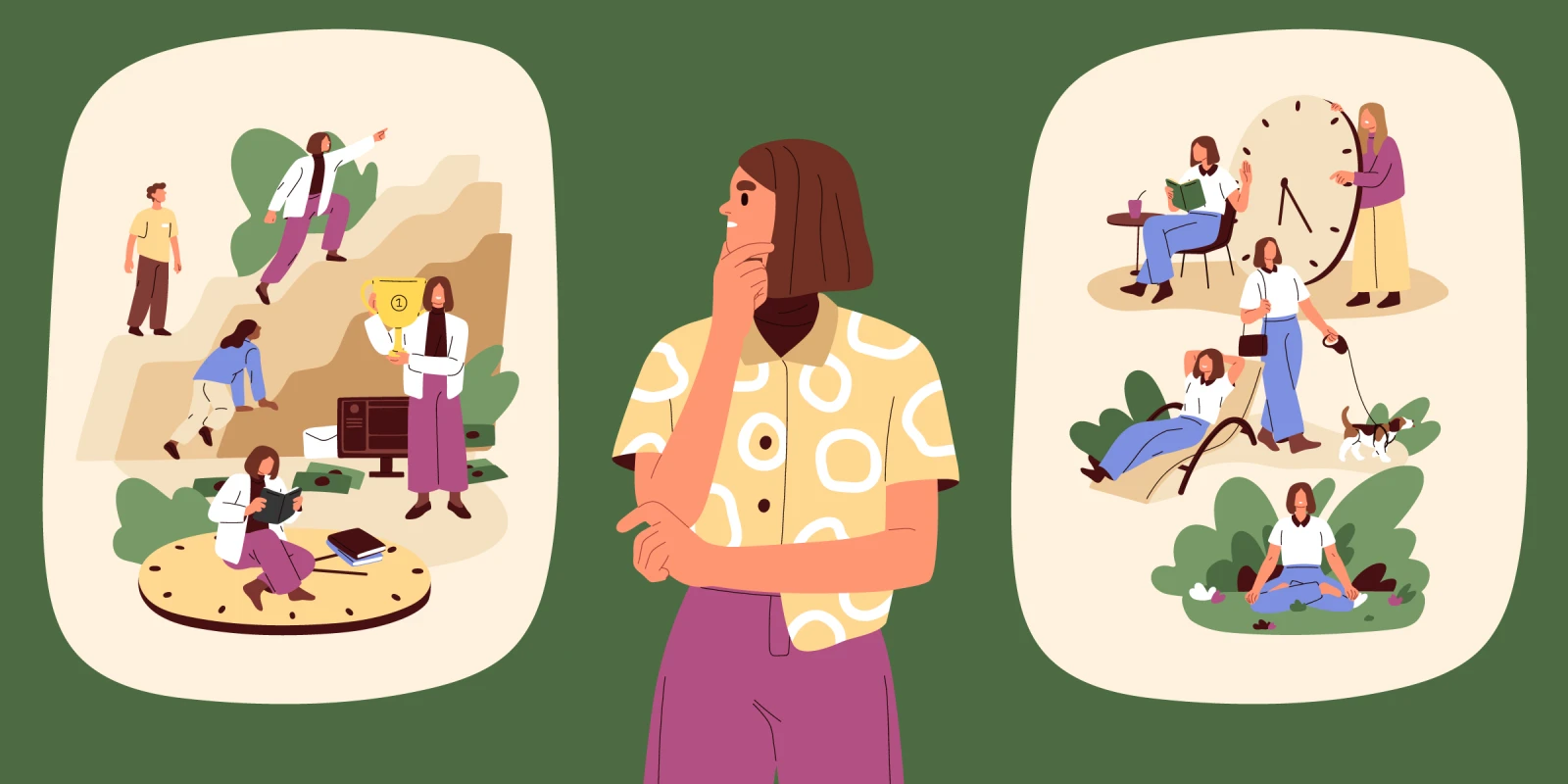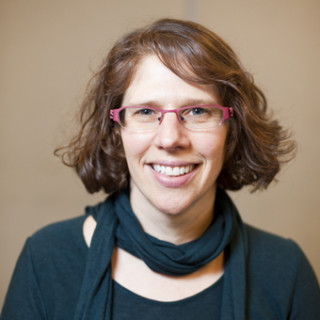I recall a moment in the first year of my family medicine residency that remains frozen in time. Receiving sign-out on the first morning of my inpatient pediatrics rotation from the resident who was completing his month, I processed a new truth of residency. The resident briefed me about the patients admitted overnight, and shared information about the rhythm of the rotation. As I listened, it slowly and steadily dawned on me: basically all I will do this month is work and sleep. I confirmed this with the resident. Wearily he quipped, “Yep. You got it.”
A few years later, as a senior resident, my program gifted everyone PalmPilots so we could track patients and organize our lives. Inputting my call schedule into the calendar of the then state-of-the-art device, I noted that it was easier to track the weekends I was NOT working, rather than the weekends I was, since the default was that I would not have weekends off. When making plans outside of work, I grew accustomed to this, just as the proverbial frog acclimates to boiling water if the water is heated slowly enough.
Upon graduating residency and starting work as an attending, I made a startling discovery that I had a new default. Rather than assuming I would be working most weekends, I could presume that I had the majority of weekends off. I felt liberated, and yet confused as I tried to adjust to this new mindset. What had been normal for so long was now flipped on its head. I was shocked by how long it took me to hop out of that pot of boiling residency water. To this day, I talk with graduating residents whom I precept about “Post-Residency Syndrome Mindset” (PRSM) and its unique adjustments, such as this.
Over 20 years later, my PRSM is long gone, replaced by the demands of family, work, community, and the general adulting needed as one ages into their 50s. For years I would resolve to find balance amidst all of life’s demands. And for years that balance remained elusive. Perhaps I attained it for a few blissful weeks, only for it to topple again.
Balance became even more out of reach during the COVID-19 pandemic. In the pandemic’s initial phases, when my health center was in emergency mode, I worked around the clock, just like during my pediatrics rotation when I solely worked and slept. Except this time, there was no guaranteed post-call day. As we created new protocols and workflows, I had days off, but I often worked from home, trying to “catch up,” as if catching up were a singular destination. While I knew that by definition I could not maintain a constant state of being caught up, just like by eating and wearing clothes there would always be dishes to wash and laundry to do, I kept trying to find my way back to assuming that I would not be spending most of my weekends working.
And then I remembered one of my favorite concepts of eating: The Great Food Flip.
As a new attending, BK (before kids), I signed up for an amazing CME program. My husband and I flew to Napa, California, where I learned about nutrition at the Culinary Institute of America. We observed chefs excitedly preparing the food according to the nutrition principles we were taught, and then we sampled the delicious food.
One speaker was Mollie Katzen, of Moosewood Restaurant and cookbook fame. She lectured about a concept dubbed “The Great Food Flip.” Rather than eating a plate of pasta and a small side of vegetables, she suggested we could eat a large serving of vegetables and a small helping of pasta. For dessert, rather than consuming a large piece of chocolate cake with a few strawberries atop it, we could enjoy a large bowl of strawberries with a small portion of chocolate cake. I thought this was brilliant and applied it to my own eating habits. I’ve counseled countless patients on the “Great Flip” since then.
Toward the end of 2021, in a state of anxiety, exhaustion, and unhappiness due in large part to pandemic overwork and burnout, I had an epiphany: I could live according to The Great Work Flip. Rather than assuming I would feel behind and beholden to working during most of my free time, I could act as if I did not have to work when I was not at work. Rather than planning my discretionary time on days off around when I thought I would need to work, I could plan my work catch-ups around my discretionary time. I could shift back to winding down in the evening, rather than getting “a few things done” to delude myself that I would consequently have less to do the following day. I could move away from my laptop in the kitchen and back to relaxing on the couch. To honor my Great Flip, I set an alarm for 8:30 p.m. to signal when it was time to stop working.
Now, to my surprise, often when the alarm rings, I have stopped working long before 8:30 p.m. Rather than making my final work email perusal of the day just before I head upstairs, I consciously choose to check earlier in the evening, noting that I will resume again the next day. I will not miss out on anything if I leave it unchecked until then, least of all my actual life. My work life will be there tomorrow, waiting for me to take a bite and digest it as needed.
During this phase of the pandemic, my aspiration is to right-size my work portions, while helping myself to, and joyfully consuming, heaping sizes of the-rest-of-my-life portions. I urge all clinicians to do the same.
How do you achieve work-life balance as a busy clinician? Share your strategies in the comments below!
Pamela Adelstein is a family physician at the Codman Square Health Center in Dorchester, MA.
Image by GoodStudio / Shutterstock







